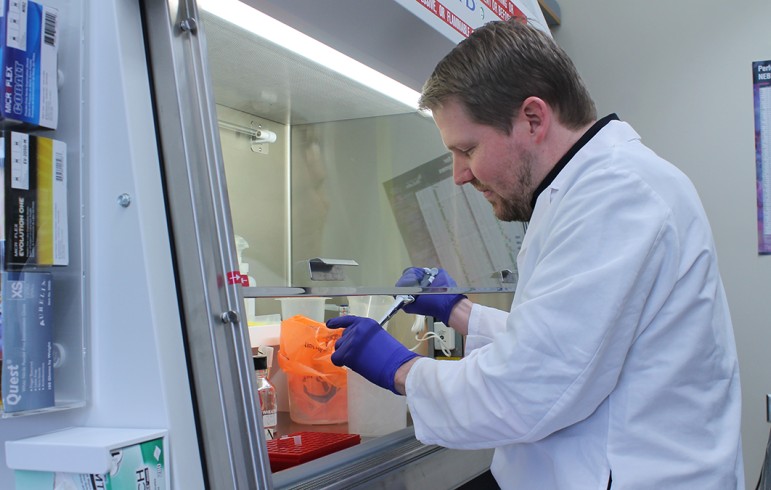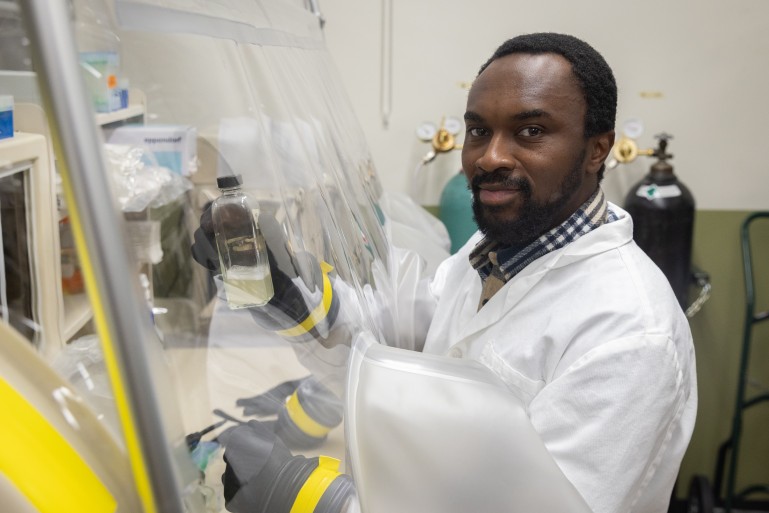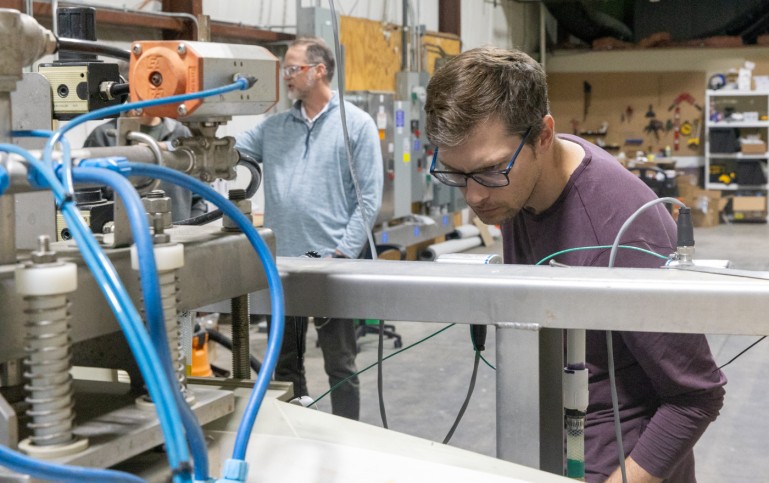Republican lawmakers in Wisconsin are currently considering lifting a 1983 moratorium on creating new nuclear power plants in the state.
In January 2015, the U.S.
The world's first dedicated source of synchrotron radiation, an electron storage ring named Tantalus, has been designated a historic site by the American Physical Society.
In 2015, University of Wisconsin–Madison students had not one, but two opportunities to develop creative solutions to some of the world’s most pressing energy and environmental issues.
A shared passion for renewable energy technology has brought together two professors with two very different areas of expertise.
Confronted with the large gap between what science tells us about the dangers of climate change and the unwillingness of some elected officials to implement policies to address the problem, a group of University of California-Berkeley scholars is outlining some new strategies for moving climate p
The Wisconsin Energy Institute (WEI) held its third annual Energy Summit on October 13th, 2015. This year’s Summit focused on "Air & Energy: The Path Ahead for the U.S. States" and attracted an enthusiastic crowd of 285 attendees.



